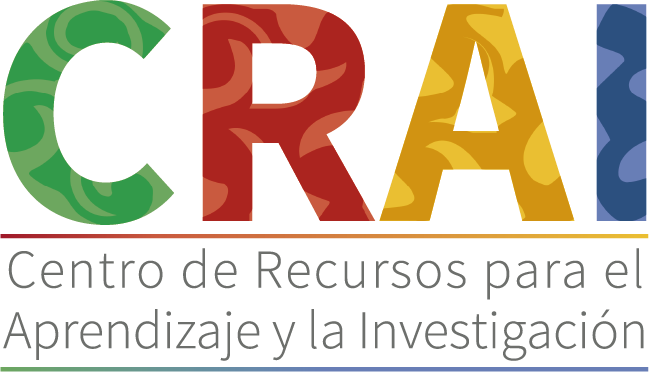Acknowledgements; Contents; List of Figures; List of Tables; Chapter 1: Introduction; References; Chapter 2: Digital Citizenship and Political Engagement; Understanding Political Engagement; Civic Resources for Mobilisation; Individualisation and New Citizen Norms; Citizenship Norms; Social Movements Societies; Strategic Repertoires and Political Context; Everything Is Now Mediated; Conclusion: Recognition of Individualised Political Engagement in Social Movement Societies; References; Chapter 3: Social Media Use for Political Engagement.
From Politics on the Internet to Mainstreaming Social Media-Based Engagement; The Role of Social Media-Based Politics in the Hybrid Media System; Politics of Social Media and the Rise of Connective Action; Conclusion: How Social Media and Digital Citizenship Are Enabling Online Organisation; References; Chapter 4: Hybrid Online Campaigning Organisations; Contemporary Online Campaigning Organisations and Mobilisation; GetUp in Focus; GetUp's Organisation: Membership and Revenue; GetUp in Public: Communications Strategy and Action Repertoire; Videos; Email.
Rise of Social Media: Facebook and Twitter; Legacy Media Attention; Digital Repertoires of Action; Election Campaign 2010 Case Study: The Emergence of GetUp as a Mainstream Political Organisation; Conclusion; Notes; References; Chapter 5: Storytelling and Changing Values; Storytelling as a New Online Political Tactic; GetUpś Autobiographical Story: From Outsider to Mainstream Politics; Comparing Campaign Storytelling: Changing Australian Policy on Mental Health and Climate Change; Mental Health; Climate Change; Complex Causal Stories and Long-Term Campaigning; Conclusion; References.
Chapter 6: Entrepreneurial Leadership Styles; Organisational Leadership in Online Campaigning and Social Movements; Diffusion of Values Among the Like-Minded; Leadership and the Story of Self from Campaign Entrepreneurs; Constructing Leaders; Simon Sheikh; Jeremy Heimans; Anna Rose; Conclusion; Notes; References; Chapter 7: Diffusion and Sharing in the Advocacy Organisation Sector; Diffusion and Change; Sibling Organisations in the Online Progressive Engagement Network (OPEN); Diffusion and the Australian Civil Society Sector; Studying Activist Conferences; A GetUp Effect?; Notes; References.
Chapter 8: Conclusion: The Future of Digital Citizenship and Political Engagement; Individualised and Personalised Collective Action; Internal Strategy and Impact; Political Context and the Future; References; References; Index.
This book considers the radical effects the emergence of social media and digital politics have had on the way that advocacy organisations mobilise and organise citizens into political participation. It argues that these changes are due not only to technological advancement but are also underpinned by hybrid media systems, new political narratives, and a new networked generation of political actors. The author empirically analyses the emergence and consolidation within advanced democracies of online campaigning organisations, such as MoveOn, 38 Degrees, Getup and AVAAZ. Vromen shows that they have become leading political advocates, and influential on both national and international level governance. The book critically engages with this digital disruption of traditional patterns of political mobilisation and organisation, and highlights the challenges in embracing new ideas such as entrepreneurialism and issue-driven politics. It will be of interest to advanced students and scholars in political participation and citizen politics, interest groups, civil society organisations, e-government and politics and social media.

Escuela de administración
Facultad de Jurisprudencia
Facultad de Ciencias
Escuela de Ciencias
Escuela de Medicina
Facultad de Economía
Facultad de Estudios
Facultad de Creación
Escuela de Ingeniería,
Otras Ofertas
 Historia y símbolos
Historia y símbolos
 Enfoque estratégico
Enfoque estratégico
 Gobierno universitario
Gobierno universitario
 Playbok - Nuestros pilares de transformación
Playbok - Nuestros pilares de transformación
 Protocolo de seguridad
Protocolo de seguridad
 Archivo histórico
Archivo histórico
 Portafolio de becas, descuentos y apoyo financiero
Portafolio de becas, descuentos y apoyo financiero
 Casa UR
Casa UR






 Proyección social
Proyección social Filantropía
Filantropía Hagámoslo posible
Hagámoslo posible

 Libro
Libro







